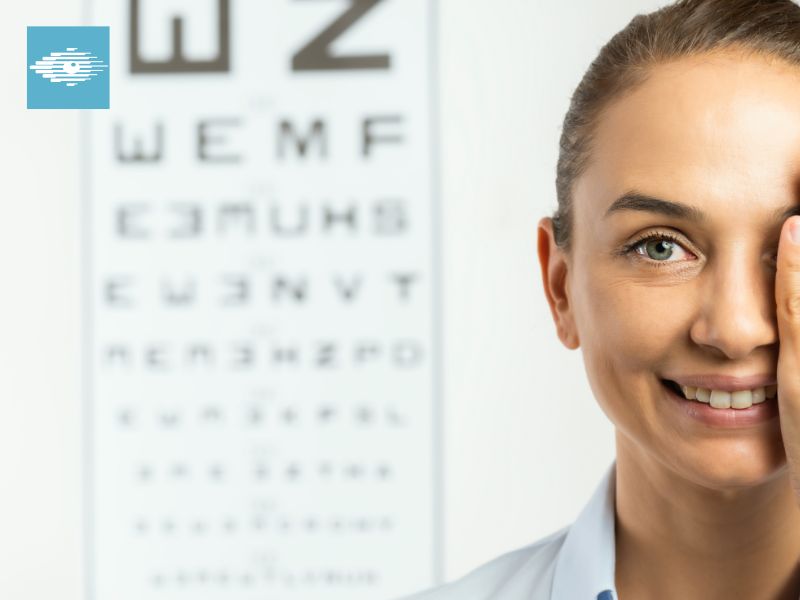What is Included in a Vision Exam?
A vision exam is a critical part of your overall health routine, assessing not only the clarity of your vision but also the health of your eyes. Whether you’re visiting for the first time or you’re a seasoned veteran, understanding the components of a vision exam can help you feel more prepared and informed. In this blog post, we’ll explore what you can expect during a vision exam and pose some useful questions for your optometrist to ensure you’re getting the most out of your appointment.
The Importance of a Vision Exam
Vision exams are essential for everyone, regardless of age. They are not just for those who wear glasses or contact lenses. Regular exams can detect eye problems early on, including serious conditions such as glaucoma, cataracts, and even diabetes-related issues. Therefore, it is advisable to schedule a vision exam annually As a precautionary measure.
What Happens During a Vision Exam?
When you step into the clinic, several tests and evaluations will typically unfold:
1. Medical History Review
Before any tests are conducted, your optometrist will begin with a discussion about your medical history. This is an opportune time to ask questions for your optometrist regarding any specific concerns you might have about your vision, family history of eye conditions, or any medications you’re currently taking. This information informs the rest of your exam and helps the optometrist to determine what tests, if any, may be necessary.
2. Visual Acuity Test
The visual acuity test is perhaps the most well-known part of a vision exam. You will read letters from an eye chart at varying distances to assess how clearly you can see. This test assists your optometrist in determining whether you need corrective lenses and what prescription may be needed.
3. Refraction Assessment
Next, your optometrist will conduct a refraction assessment. This involves the use of a phoropter, where various lenses are placed in front of your eyes as you look at an eye chart. You’ll be asked questions such as, “Which is better, one or two?” This aids in finding the precise lens power that will give you the clearest vision.
4. Eye Health Evaluation
Your optometrist will also evaluate your eye health using various instruments. This may include:
- Slit-Lamp Examination: This enables the optometrist to examine the structures of your eyes, including the cornea, iris, and lens, through a high-intensity light.
- Intraocular Pressure (IOP) Measurement: This test checks for signs of glaucoma by measuring the pressure inside your eyes.
- Retinal Exam: A direct examination of the back of your eyes is performed using a special lens. This can reveal issues like retinal detachment or diabetic retinopathy.
5. Additional Tests Based on Individual Needs
Depending on your age, risk factors, and inquiries you present (another perfect moment for questions for your optometrist), additional tests may be necessary. These could include visual field tests to check for peripheral vision or colour vision tests.
Questions for Your Optometrist
To ensure you gain the most from your vision exam, prepare a list of questions for your optometrist. Consider asking the following:
- What do the results of my eye test mean?
- Are there any changes in my vision that I should be concerned about?
- What are my options for treatment, if necessary?
- How often should I come in for check-ups?
- Are there lifestyle changes I should adopt for better eye health?
Having established questions for your optometrist not only clarifies any uncertainties but also engages you in your eye care process.
What is Included in a Vision Exam? – Final Thoughts
A vision exam is a vital health check that goes beyond merely assessing your eyesight; it plays an essential role in your overall health. From understanding the components of the exam to posing the right questions for your optometrist, being informed will empower you in your eye care journey. Make sure to keep your appointments regular; your eyes will thank you!
Visit our blog page for more interesting articles

